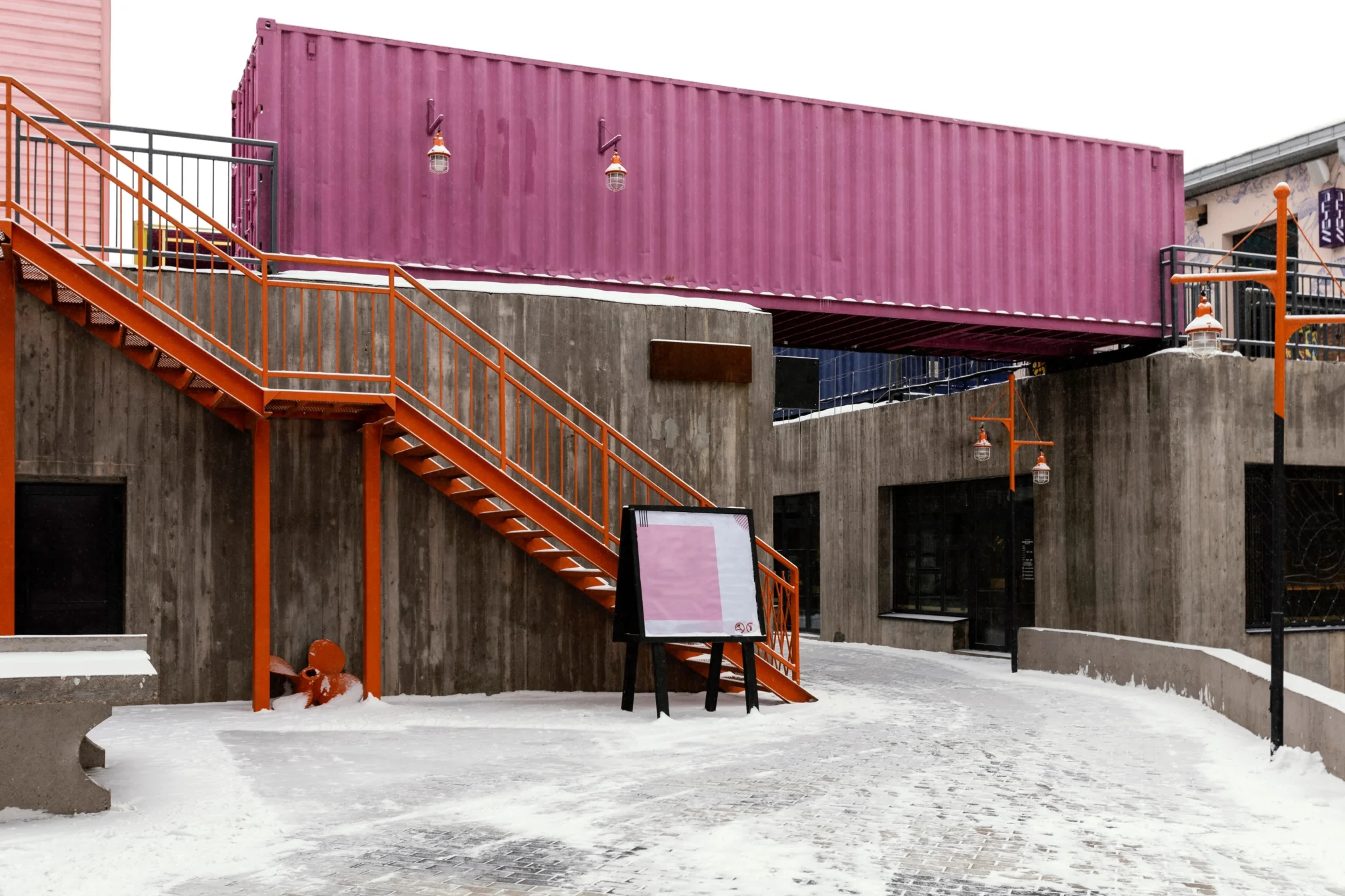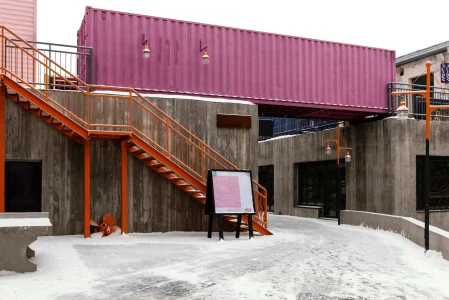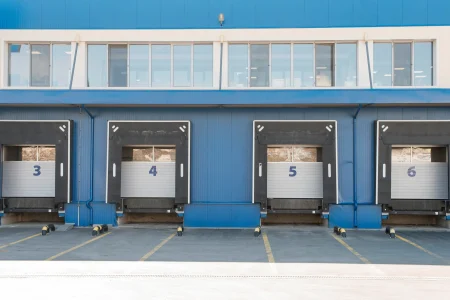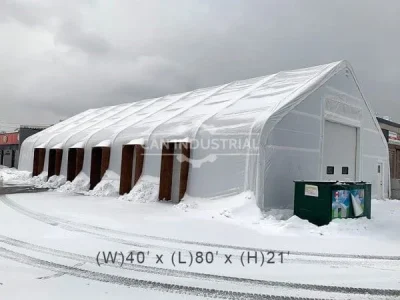Every worksite, warehouse, or industrial facility faces the same challenge: how to store tools, materials, and equipment securely and efficiently. For decades, businesses relied on traditional storage methods such as wooden sheds, brick-and-mortar storage rooms, or makeshift shelters. While these can work, modern portable containers are quickly becoming the preferred choice for contractors and businesses across Canada and the USA.
But how do you decide which option is right for your project? In this blog, we’ll break down the differences between portable containers and traditional storage, explore their advantages and limitations, and help you make the right decision for your worksite.
What Are Portable Containers?
Portable containers are heavy-duty, modular storage units made of steel. They are designed for easy transportation, secure storage, and long-term durability. Most come in standardized sizes (like 10ft, 20ft, or 40ft), making them versatile and scalable for different storage needs.
Unlike traditional storage buildings, portable containers can be delivered directly to your site, set up within hours, and relocated when needed.
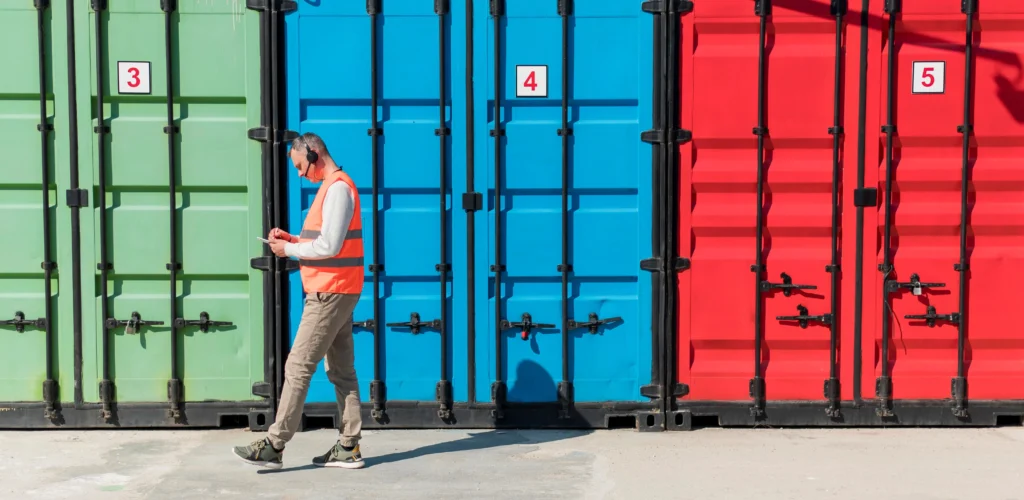
What Counts as Traditional Storage?
Traditional storage generally refers to permanent or semi-permanent structures, such as:
- Wooden or metal sheds
- Brick or block storage rooms
- On-site warehouses
- Custom-built storage units
These options are fixed in place and often require construction, permits, and longer installation times.
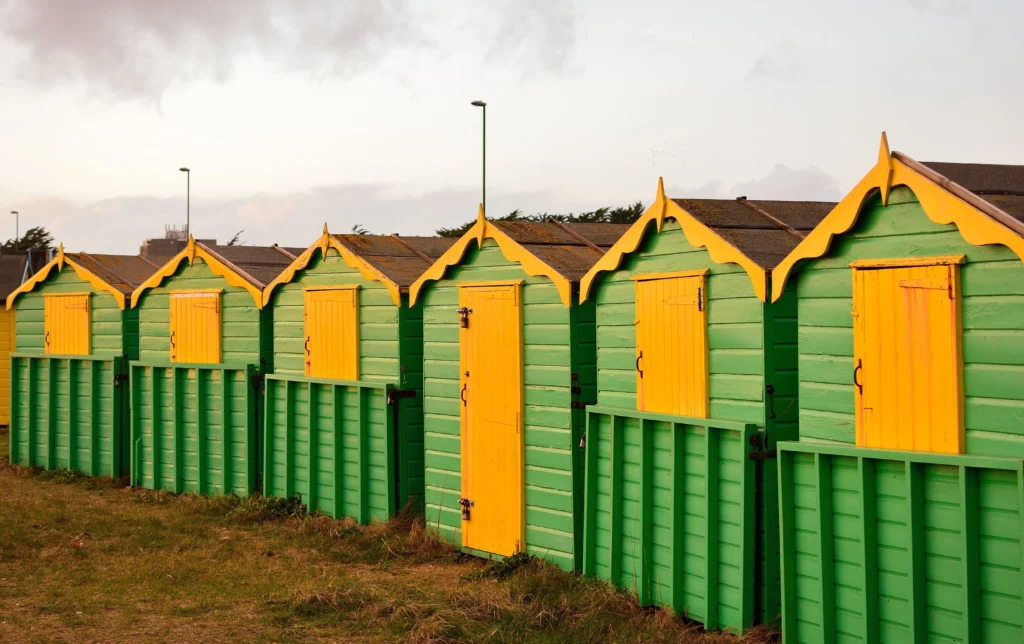
Key Differences Between Portable Containers and Traditional Storage
| Factor | Portable Containers | Traditional Storage |
| Setup Time | Quick delivery and setup (hours to a day) | Requires construction (days to months) |
| Mobility | Can be moved between sites | Permanent or semi-permanent |
| Durability | Heavy-duty steel, weatherproof | Varies (wood, concrete, or light metal) |
| Security | Lockable, theft-resistant | Depends on construction |
| Cost | Lower upfront cost, reusable | Higher upfront and long-term costs |
| Flexibility | Modular, customizable | Fixed layout, hard to expand |
This comparison shows that while traditional storage has its place, portable containers are often more practical for fast-moving industries
Advantages of Portable Containers
a) Mobility and Flexibility
Portable containers can be transported between worksites, making them ideal for construction companies, contractors, and seasonal businesses.
b) Security
Made from reinforced steel and equipped with heavy-duty locking systems, containers protect valuable tools and equipment from theft.
c) Weather Resistance
Containers are designed to withstand rain, snow, and wind, making them reliable in Canadian climates.
d) Quick Setup
Unlike traditional storage, containers don’t require construction permits in most areas. They are delivered ready to use, saving time and effort.
e) Cost-Effective
With lower upfront costs and the ability to reuse them across projects, containers deliver excellent long-term value.
Advantages of Traditional Storage
While portable containers are highly versatile, traditional storage options still have some advantages in certain situations:
- Permanent Solution: Ideal for businesses that own long-term facilities.
- Custom Design: Can be tailored to specific needs, including climate control or multiple rooms.
- Aesthetics: May better match existing structures for commercial or office settings.
- Larger Capacity: Warehouses or custom buildings can store more than a standard 40ft container
Factors to Consider Before Choosing
When deciding between portable containers and traditional storage, consider:
- Project Duration: For short-term or temporary projects, portable containers are more practical.
- Mobility Needs: If your work frequently shifts locations, containers are the clear winner.
- Budget: Containers typically cost less upfront and offer better return on investment.
- Space Availability: Traditional storage may require permits and more land, while containers can fit into tight spaces.
- Security Requirements: Containers provide better theft resistance without expensive upgrades.
- Weather Conditions: Both can perform well, but containers are tested for harsh, mobile environments.
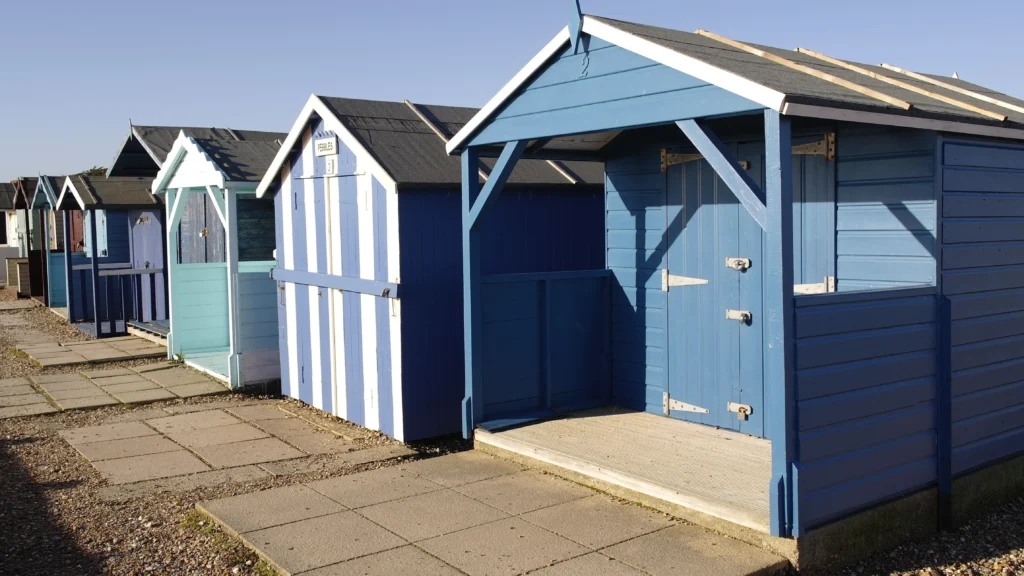
Common Use Cases for Portable Containers
Portable containers have gained popularity across many industries due to their versatility:
- Construction Sites: Secure tools, machinery, and safety gear.
- Agriculture: Store feed, fertilizer, and equipment.
- Retail & Events: Provide temporary storage during busy seasons.
- Disaster Relief: Quick deployment of secure storage in emergency zones.
- Transportation & Logistics: Serve as mobile storage during deliveries.
Long-Term Cost Comparison
When evaluating cost, think beyond the initial purchase:
- Traditional Storage: Construction costs, permits, maintenance, and repairs can add up over time. Expansion is expensive and permanent.
- Portable Containers: One-time purchase, minimal maintenance, and the flexibility to reuse across projects save money in the long run.
Why Can Industrial’s Portable Containers Stand Out
Can Industrial offers premium-grade portable containers designed for industrial, construction, and commercial use. Here’s why they are trusted across Canada and the USA:
- Heavy-Duty Steel: Built to last, even in harsh Canadian weather.
- Customizable Options: Available in different sizes and designs to fit your needs.
- Security Built-In: Reinforced locks and doors for maximum protection.
- Nationwide Delivery: Containers shipped across Canada and the USA.
- Proven Experience: With nearly two decades in the industry, Can Industrial delivers reliable storage solutions for every sector.
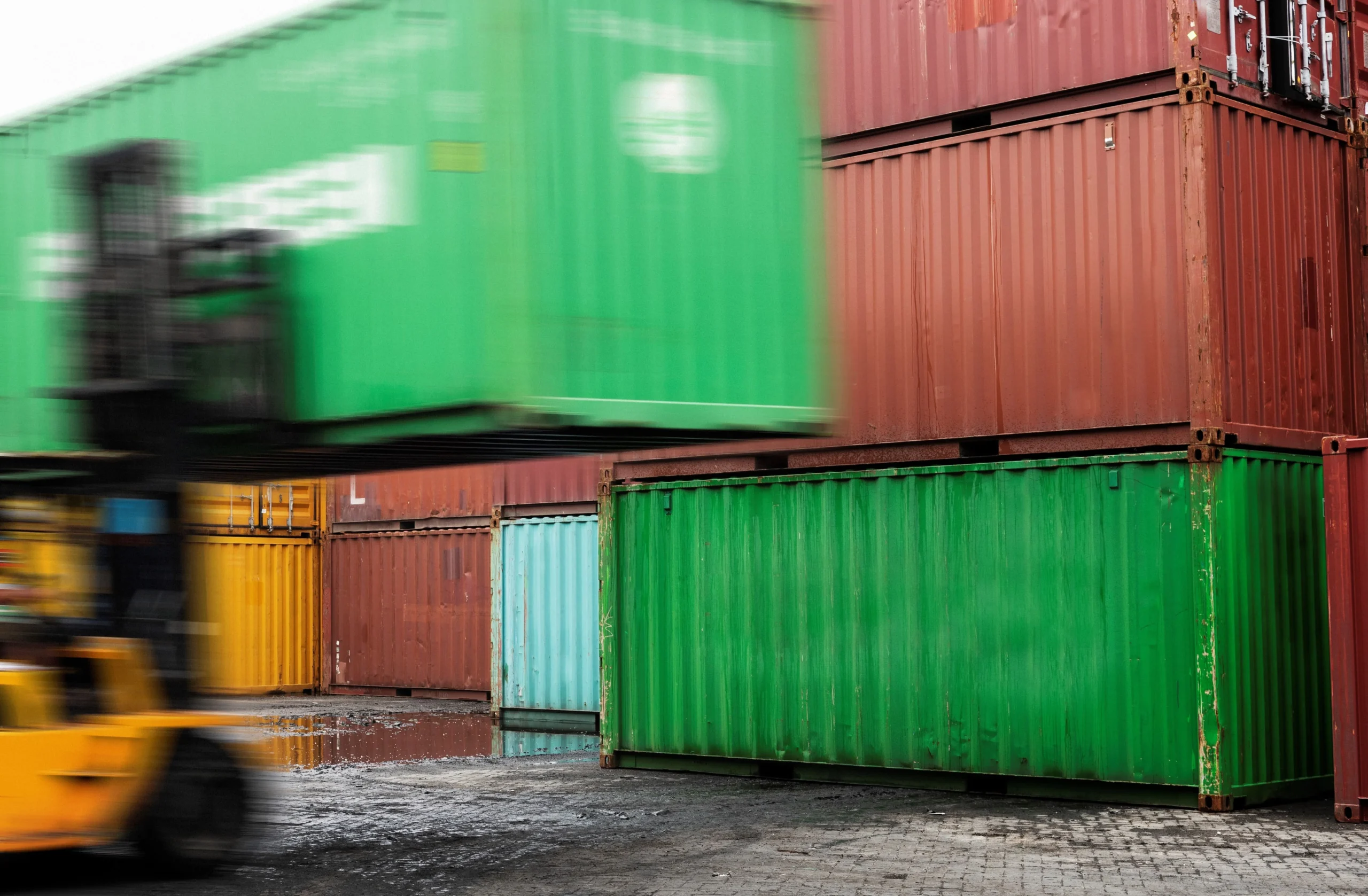
Frequently Asked Questions
Q: Do portable containers need permits?
A: In most cases, no. However, local bylaws may require permits depending on placement and duration.
Q: How long do containers last?
A: With proper care, containers can last 20+ years, making them a long-term investment.
Q: Can they be customized?
A: Yes. Containers can be fitted with shelves, lighting, insulation, and ventilation systems.
Q: Are they weatherproof?
A: Yes, Can Industrial’s containers are designed to withstand rain, snow, and extreme temperatures.
Conclusion
When comparing portable containers to traditional storage, it’s clear that portable containers offer unmatched flexibility, security, and value. They are perfect for businesses that need quick, reliable, and movable storage solutions, while traditional storage suits those looking for permanent, customized buildings.
For Canadian worksites where mobility, weather resistance, and cost-efficiency are critical, Can Industrial’s portable containers are the ideal choice. They provide peace of mind by keeping tools, equipment, and materials safe—no matter where your work takes you. In today’s fast-paced industries, storage is more than just convenience—it’s the backbone of productivity. Choosing the right solution ensures your business stays efficient, secure, and ready for growth.

